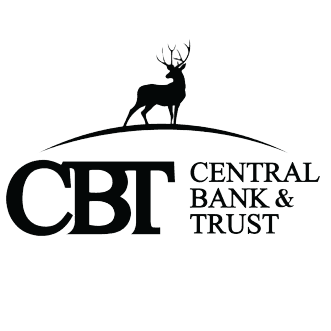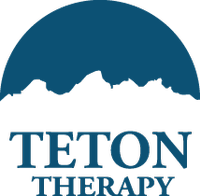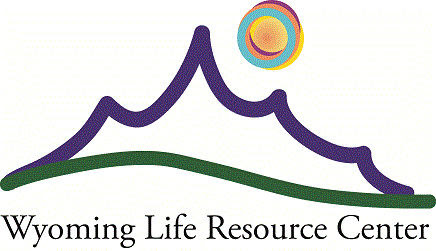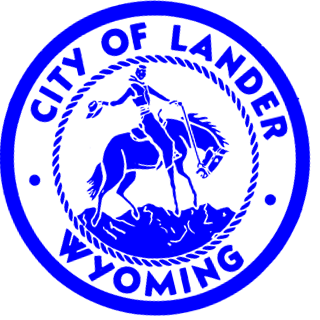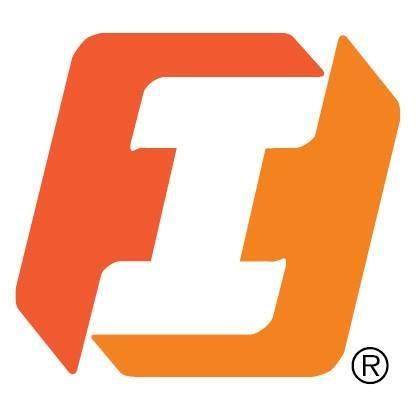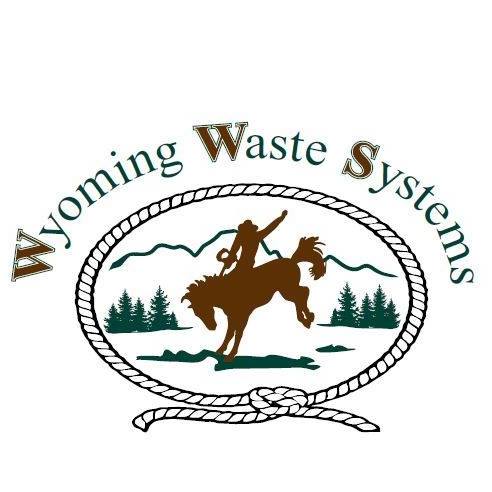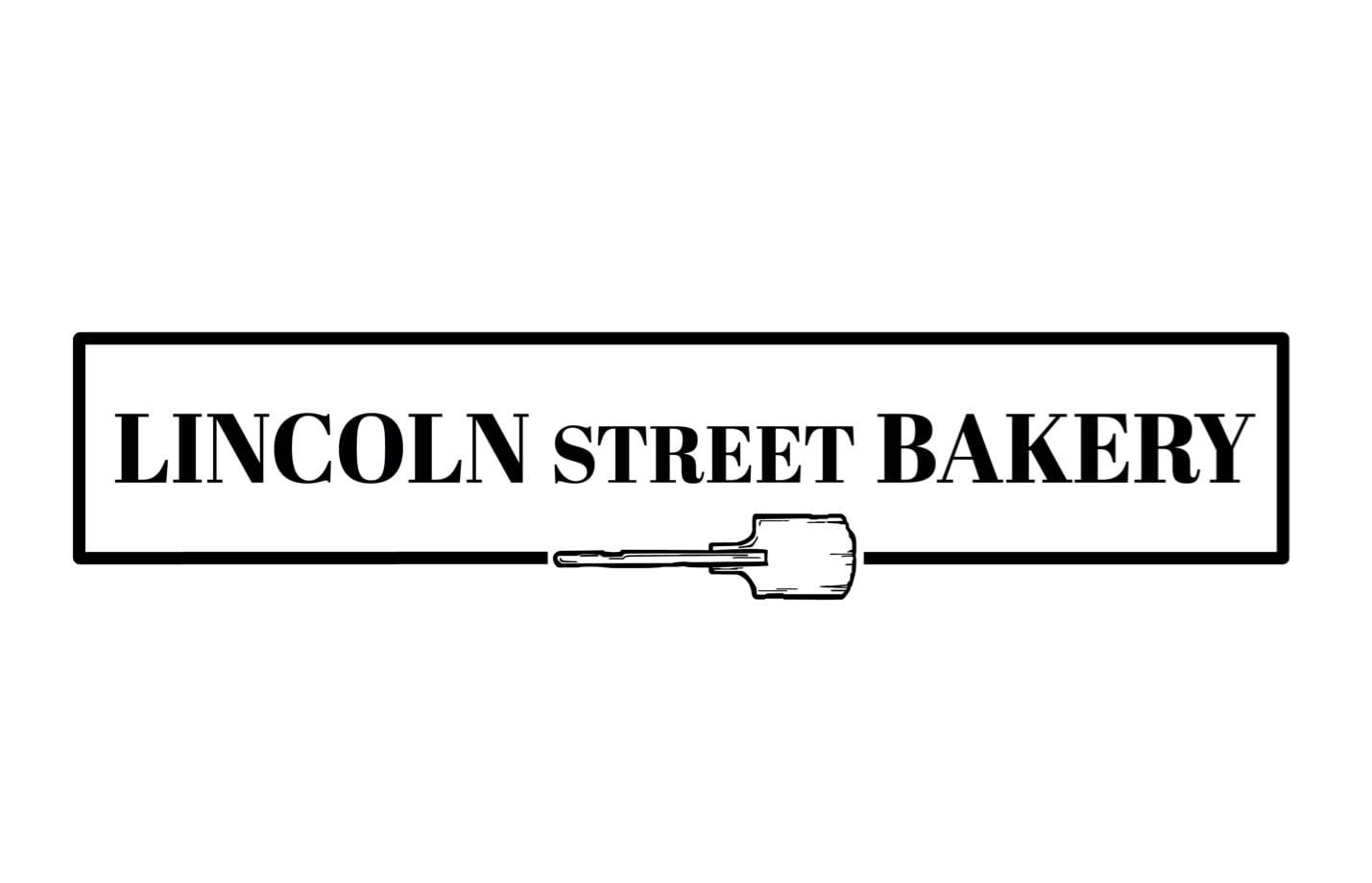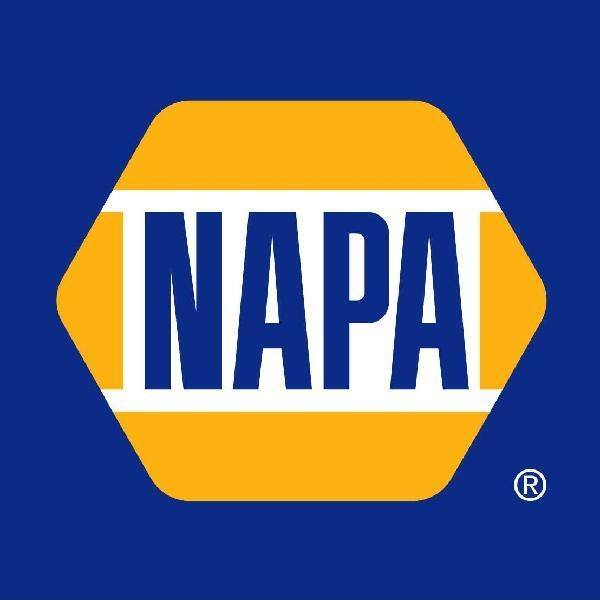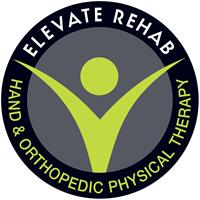Final rule will increase the minimum salary threshold
The U.S. Department of Labor (DOL) released a new overtime rule that will add burdensome requirements for small business owners. The final rule will raise the salary threshold for overtime pay eligibility.

Beginning July 1, salaried workers making less than $43,888 will become eligible for overtime pay, and on Jan. 1, 2025, eligibility extends to those making less than $58,656. Employees earning salaries below these thresholds will be paid at least time-and-a-half for working beyond 40 hours in a single workweek. The rule further states the eligibility threshold is subject to change every three years. NFIB opposed this rule and plans to join a legal challenge against it.
Part of the Fair Labor Standards Act, the new rule is a 65% increase from the current threshold of $35,568. Beth Milito, Executive Director of the NFIB Small Business Legal Center, explains the impact this significant change will have on small business owners:
“Main Street businesses do not have teams of lawyers or compliance officers on-site to help implement changes every time a new government standard is enacted. They also don’t have the extra funds to arbitrarily increase wages when they are already doing everything in their power to provide the highest compensation and benefits they can for their employees.”
“This rule is another costly hoop for small business owners to jump through. Small businesses will need to spend valuable time evaluating their workforce to properly adjust salaries or reclassify employees in accordance with this complicated mandate.”
Watch NFIB’s free webinar on-demand for more information on the new overtime rule. The NFIB Small Business Legal Center protects the rights of small business owners in the nation’s courts. NFIB is currently active in more than 40 cases in federal and state courts across the country and in the U.S. Supreme Court.
TAKE ACTION: Complete NFIB’s survey to share how this rule will impact your small business. Stories from small business owners are the most powerful tool when speaking with lawmakers and will help support NFIB’s legal action against this rule.
—
The Lander Chamber of Commerce is an NFIB member and shares its benefits with Lander Chamber members.

